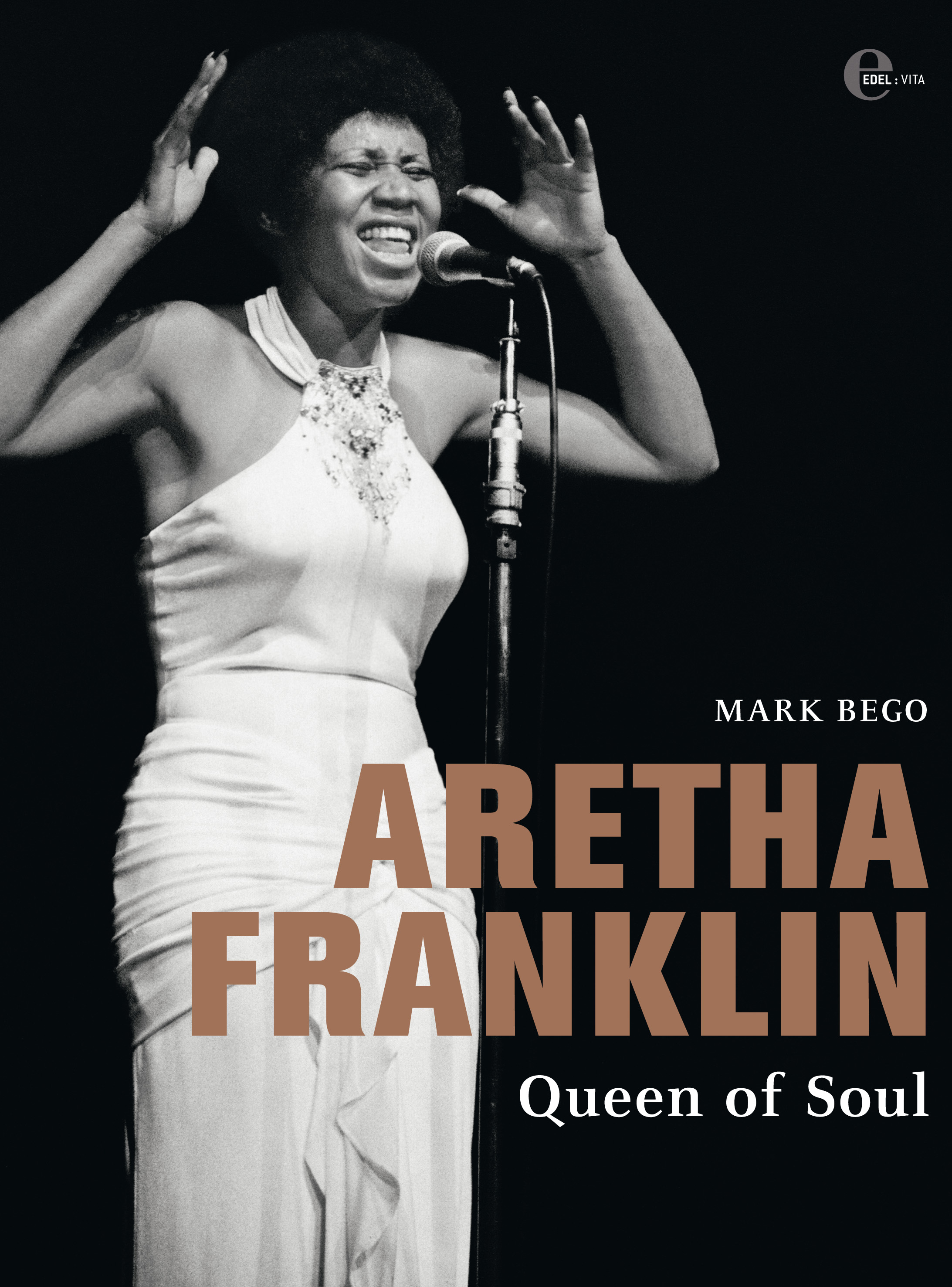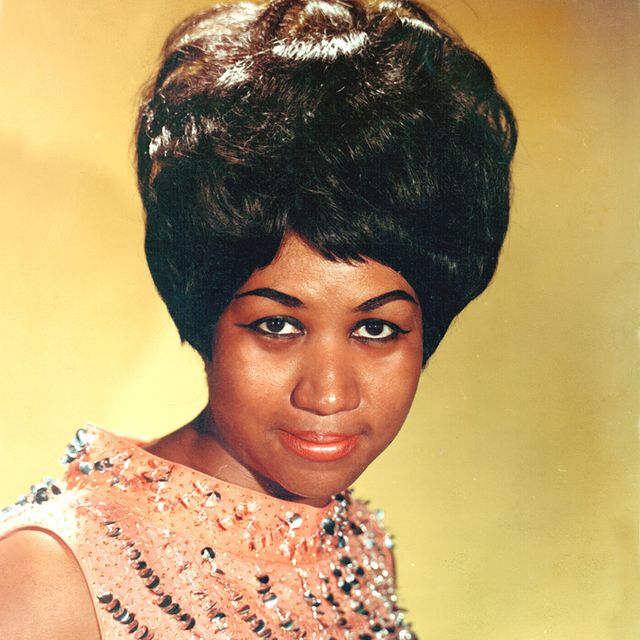Aretha Franklin, the name that echoes through the corridors of music history, is more than just an artist; she’s a legend. Her voice, powerful and soulful, left an indelible mark on the world of music. The Queen of Soul wasn’t just a title; it was a testament to her unmatched talent and influence. Her journey from a young gospel singer in Detroit to becoming an international sensation is nothing short of inspirational. Let’s dive into the life and legacy of this extraordinary woman who changed the face of music forever.
Aretha Franklin wasn’t just a singer; she was a force of nature. Her music wasn’t just about melodies; it was about emotions, struggles, and triumphs. She used her voice as a tool for change, breaking barriers and paving the way for future generations. Her story is not only about music but also about resilience, courage, and the power of authenticity.
In this article, we’ll explore the life of Aretha Franklin, from her early days to her rise as the Queen of Soul. We’ll delve into her legacy, her impact on the music industry, and how she became a symbol of empowerment for millions around the world. So, buckle up, because this is more than just a biography; it’s a celebration of a life that touched countless hearts.
Here’s a quick guide to what we’ll cover:
- Aretha Franklin Biography
- Early Life and Influences
- Musical Journey: From Gospel to Soul
- Rise to Fame: The Queen of Soul
- Civil Rights and Activism
- Legacy: Impact on Music and Society
- Awards and Recognition
- Personal Life
- Challenges and Triumphs
- Influence on Future Generations
Aretha Franklin Biography
Aretha Franklin was born on March 25, 1942, in Memphis, Tennessee. Her full name is Aretha Louise Franklin, and she grew up in Detroit, Michigan, where her father, C.L. Franklin, was a renowned Baptist minister. From a young age, Aretha was surrounded by music, and her father’s church became her first stage. She started singing gospel music at just 10 years old, showcasing a voice that would soon captivate the world.
Her early years were filled with music, and her father’s connections in the gospel world allowed her to meet and perform with some of the biggest names in the industry. This exposure laid the foundation for her future career, and her unique voice quickly set her apart from others. Her life was not without its challenges, but her passion for music kept her going.
Early Life and Influences
Growing up in Detroit, Aretha was surrounded by a vibrant music scene. Her father’s church was a hub of gospel music, and she often performed alongside legendary artists like Mahalia Jackson and Clara Ward. These early influences shaped her style and gave her a deep understanding of the emotional power of music.
Aretha’s childhood wasn’t easy. She faced personal struggles, including the loss of her mother at a young age and dealing with the pressures of growing up in a high-profile family. Despite these challenges, she found solace in music, which became her refuge and her passion.
Musical Journey: From Gospel to Soul
Aretha’s journey into the world of music began with gospel, but her ambitions extended far beyond the church. At the age of 18, she signed with Columbia Records, hoping to break into the mainstream music scene. However, her time at Columbia was marked by frustration as the label struggled to find the right direction for her voice.
In 1966, she signed with Atlantic Records, where she found her true calling. Under the guidance of producers Jerry Wexler and Arif Mardin, Aretha embraced her soulful roots, producing hits like “Respect,” “(You Make Me Feel Like) A Natural Woman,” and “Chain of Fools.” Her music resonated with audiences worldwide, and she quickly became known as the Queen of Soul.
Rise to Fame: The Queen of Soul
Aretha’s breakthrough came with the release of her album “I Never Loved a Man the Way I Love You” in 1967. The album’s lead single, “Respect,” became an anthem for empowerment and equality, earning her two Grammy Awards. Her music transcended genres, appealing to a diverse audience and cementing her status as a global icon.
During this period, Aretha’s concerts were legendary. Her performances were electrifying, and her voice had the power to move audiences to tears. She wasn’t just a singer; she was a performer who connected with her fans on a deeply emotional level.
Civil Rights and Activism
Aretha Franklin was more than just a musician; she was a voice for change. During the civil rights movement, her music became a rallying cry for equality and justice. Songs like “Respect” and “Think” became anthems for the movement, inspiring millions to fight for their rights.
She was a close friend of Dr. Martin Luther King Jr. and supported the movement both financially and through her music. Her involvement in activism wasn’t just about singing; it was about making a difference and using her platform to create change. Her legacy as an activist is as significant as her legacy as a musician.
Legacy: Impact on Music and Society
Aretha Franklin’s impact on music and society is immeasurable. She broke barriers for women and African Americans in the music industry, paving the way for future generations. Her music continues to inspire and influence artists across genres, and her legacy lives on through the countless lives she touched.
Her influence extends beyond music. She was a symbol of empowerment and resilience, proving that one voice can make a difference. Her legacy is not just about the songs she sang but about the change she inspired and the lives she touched.
Awards and Recognition
Aretha Franklin’s contributions to music have been recognized with numerous awards and honors. She won a total of 18 Grammy Awards during her career and was the first woman inducted into the Rock and Roll Hall of Fame in 1987. In 2005, she received the Presidential Medal of Freedom, the highest civilian honor in the United States.
Her achievements have been celebrated globally, and she has been honored by organizations and institutions around the world. Her legacy as a musician and activist continues to inspire new generations of artists and activists alike.
Personal Life
Aretha Franklin’s personal life was as complex as her music. She married twice and had four children. Her relationships were often tumultuous, but she remained dedicated to her family and her career. Her private life was a source of both joy and challenge, but she always found strength in her music.
Below is a table summarizing some key aspects of her personal life:
| Full Name | Aretha Louise Franklin |
|---|---|
| Birthdate | March 25, 1942 |
| Birthplace | Memphis, Tennessee |
| Children | 4 |
| Spouses | Donny Hathaway, Glynn Turman |
Challenges and Triumphs
Aretha Franklin’s career was not without its challenges. She faced personal struggles, health issues, and the pressures of fame. However, her resilience and determination allowed her to overcome these obstacles and continue to produce music that resonated with audiences worldwide.
One of her greatest triumphs was her ability to adapt and evolve with the times. Even as the music industry changed, she remained relevant, releasing hit after hit and maintaining her status as the Queen of Soul. Her ability to reinvent herself and stay true to her roots is a testament to her talent and dedication.
Influence on Future Generations
Aretha Franklin’s influence on future generations of musicians cannot be overstated. Artists like Whitney Houston, Alicia Keys, and Beyoncé have all cited her as a major influence on their careers. Her music continues to inspire new generations, and her legacy lives on through the countless lives she touched.
Her impact extends beyond music. She was a trailblazer for women and African Americans in the music industry, proving that talent and determination can overcome any obstacle. Her legacy as a musician, activist, and cultural icon will continue to inspire for generations to come.
Kesimpulan
Aretha Franklin’s life and legacy are a testament to the power of music and the impact one voice can have on the world. From her early days in Detroit to her rise as the Queen of Soul, she broke barriers and inspired millions. Her music continues to resonate with audiences worldwide, and her legacy as a cultural icon will endure for generations.
So, what can we take away from the life of Aretha Franklin? First, the importance of staying true to yourself and your roots. Second, the power of music to bring people together and create change. And finally, the resilience and determination needed to overcome challenges and achieve greatness.
We invite you to share your thoughts and reflections on the life and legacy of Aretha Franklin in the comments below. And if you enjoyed this article, don’t forget to share it with your friends and family. Together, let’s keep the legacy of the Queen of Soul alive.


